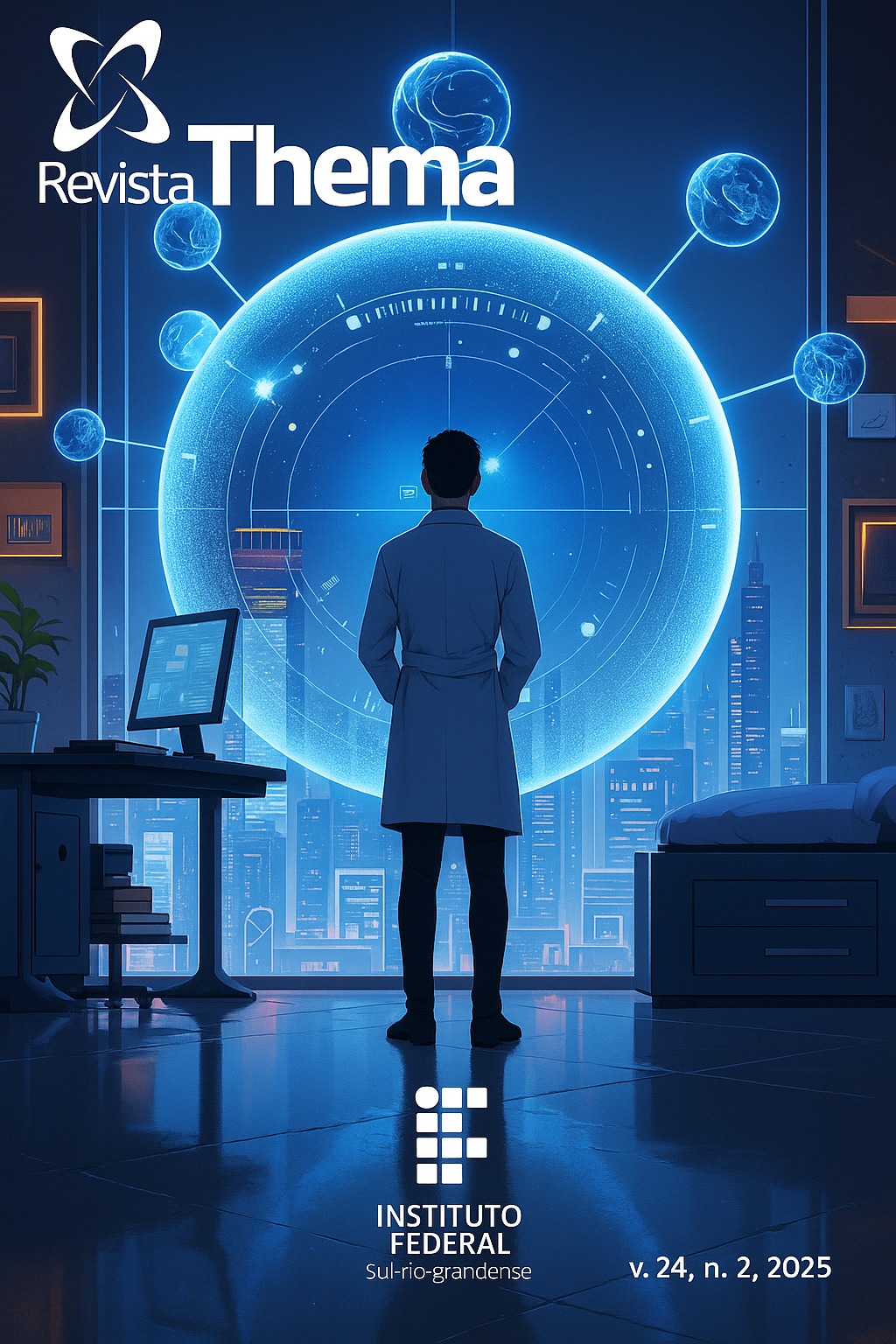Guidelines for Community Outreach Programs in Brazilian Higher Education
a reflection from the context of Latin America
DOI:
https://doi.org/10.15536/revistathema.24.2025.3627Keywords:
University, Community outreach programs, DecolonialAbstract
The purpose of this essay is to reflect on the history of Higher Education in Latin America and identify its relevance to the Guidelines for Extension in Brazilian Higher Education. The primary responsibility of universities is to produce and disseminate knowledge, and their structures are shaped by modern, eurocentric rationality. During the colonial period, this rationality was established in Latin America, resulting in the development of practices and epistemes that led to modernity and colonization on the continent. Although the Brazilian constitution requires teaching, research, and extension to be inseparable, there was no clear definition of how the dimension of university extension should be carried out until recently. Against the backdrop of university structures that have been influenced by modernity and colonization, and have experienced crises in public higher education in recent decades, the National Education Council established the Guidelines for Community Outreach Programs in Higher Education in 2018. The guidelines provide opportunities to move beyond the dependence on models that Brazilian universities have relied on since their inception. The purpose of this essay is to reflect on the history of Higher Education in Latin America and its relevance to the Guidelines for Extension in Brazilian Higher Education. The primary responsibility of universities is to produce and disseminate knowledge, and their structures are influenced by modern, eurocentric rationality. During the colonial period, this rationality was established in Latin America, resulting in the development of practices and epistemes that led to modernity and colonization on the continent. Although the Brazilian constitution requires teaching, research, and extension to be inseparable, there was no clear definition of how the dimension of university extension should be carried out until recently. Brazilian universities have relied on models since their inception that have been influenced by modernity and colonization, and have experienced crises in public higher education in recent decades. Against this backdrop, the National Education Council established the Guidelines for Community Outreach Programs in Higher Education in 2018. These guidelines provide opportunities to move beyond the dependence on models that have been relied on for so long in Brazilian universities.
Downloads
Downloads
Published
How to Cite
Issue
Section
License
O autor responsável pela submissão representa todos os autores do trabalho e, ao enviar o artigo para a revista, está garantindo que tem a permissão de todos para fazê-lo. Da mesma forma, assegura que o artigo não viola direitos autorais e que não há plágio no trabalho. A revista não se responsabiliza pelas opiniões emitidas.
A Revista Thema é de acesso aberto (Open Access), sem que haja a necessidade de pagamentos de taxas, seja para submissão ou processamento dos artigos. A revista adota a definição da Budapest Open Access Initiative (BOAI), ou seja, os usuários possuem o direito de ler, baixar, copiar, distribuir, imprimir, buscar e fazer links diretos para os textos completos dos artigos nela publicados.
Todos os artigos são publicados com a licença Creative Commons Atribuição-NãoComercial 4.0 Internacional. Os autores mantém os direitos autorais sobre suas produções, devendo ser contatados diretamente se houver interesse em uso comercial dos trabalhos.





